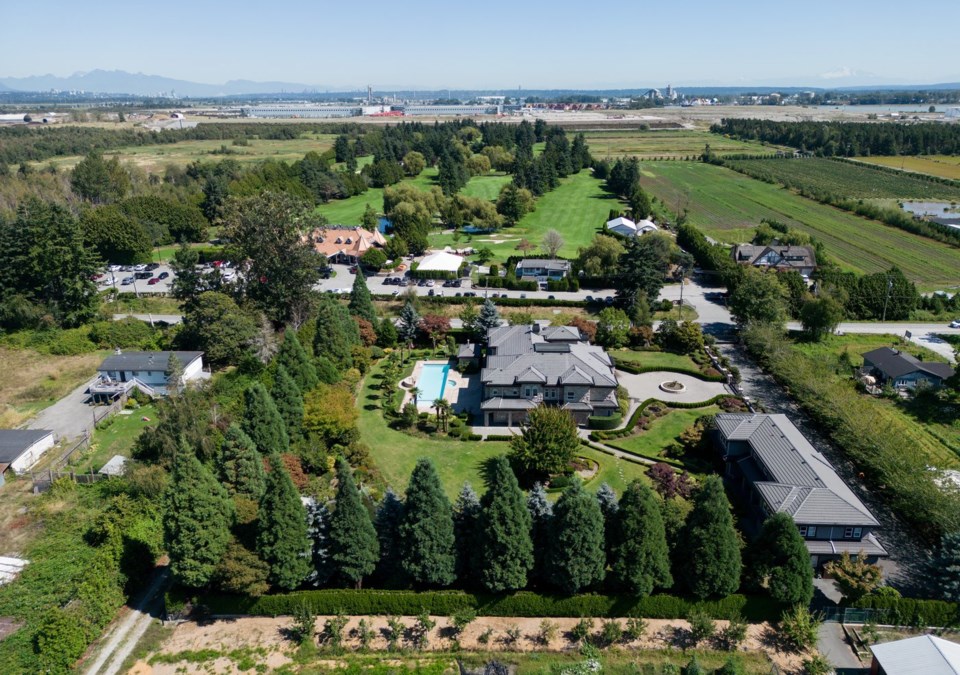VANCOUVER — The Union of British Columbia Indian Chiefs is calling a recent court decision on Aboriginal title on land along the Fraser River a "monumental" development, but says the case isn't about threatening private home ownership.
The organization says this month's decision confirming the Cowichan Tribes' Aboriginal title over land and fishing rights in Richmond, B.C., "reaffirms and strengthens" the recognition of such title in the province.
But vice-president Chief Don Tom says in a statement the case is "not about seizing private homes or threatening homeowners," and framing the court decision that way is unfair scapegoating of First Nations.
The B.C. Supreme Court decision says the Cowichan established title to a portion of land and river foreshore, with titles held by Canada and the City of Richmond deemed "defective and invalid."
The case was opposed by parties including the Musqueam First Nation and the B.C. provincial government, which has said it will appeal the ruling that could have "significant unintended consequences" over private property rights.
Union of British Columbia Indian Chiefs president Grand Chief Stewart Phillip said in Friday's statement that the province should avoid delaying or denying reconciliation by not "respecting what the courts have already confirmed."
"The Crown has seen this coming for decades yet continues to delay and deflect," Phillips said. "By failing to negotiate in good faith, and by choosing litigation over reconciliation, the Crown creates confusion, fuels public fear, and deepens divisions.”
The ruling said the province had a duty to negotiate the reconciliation of private ownership with the Cowichan's Aboriginal title. The Aboriginal title area includes a stretch of semi-rural land on No. 6 Road in Richmond that is home to blueberry farms, multimillion-dollar mansions and an 18-hole golf course.
"Cowichan is not seeking to invalidate interests held by private landowners," Tom said on Friday.
"First Nations have long warned that if governments refused to recognize and implement Aboriginal title in a principled manner through negotiations, these questions would inevitably end up in the courts.
"Framing this decision as a threat to private property stokes fear and unfairly scapegoats First Nations … We all know that when negotiations break down with the Crown, Nations are left with few pathways to pursue justice."
This report by The Canadian Press was first published Aug. 22, 2025.
Chuck Chiang, The Canadian Press



